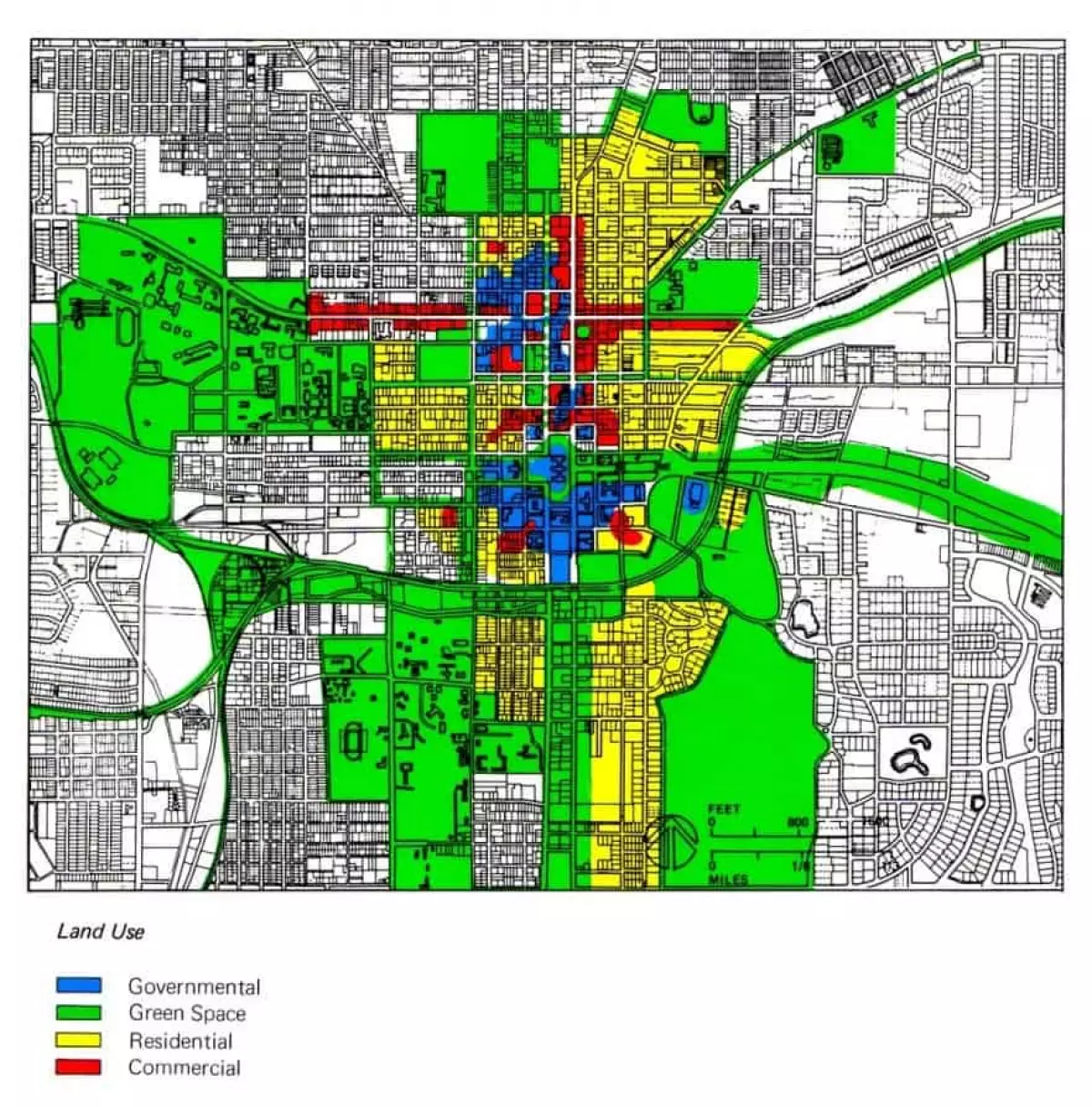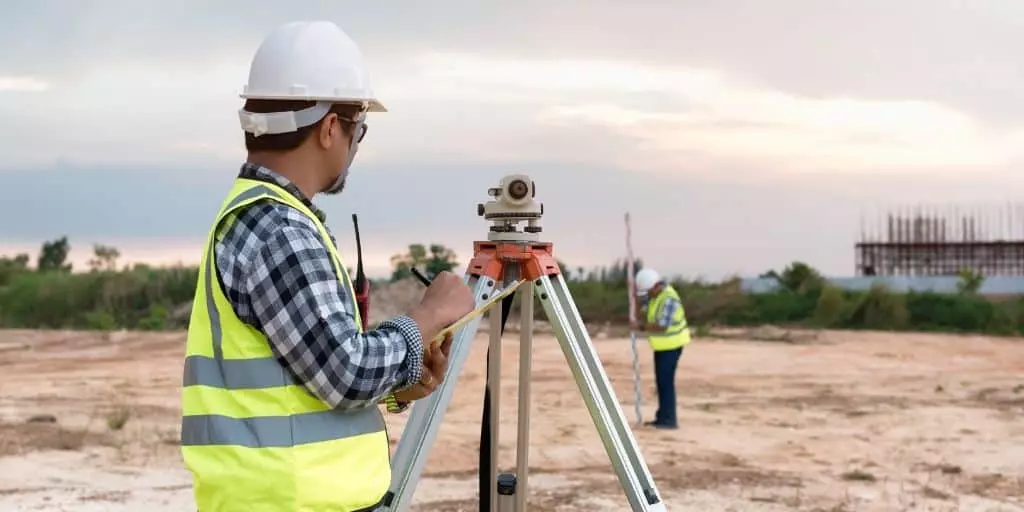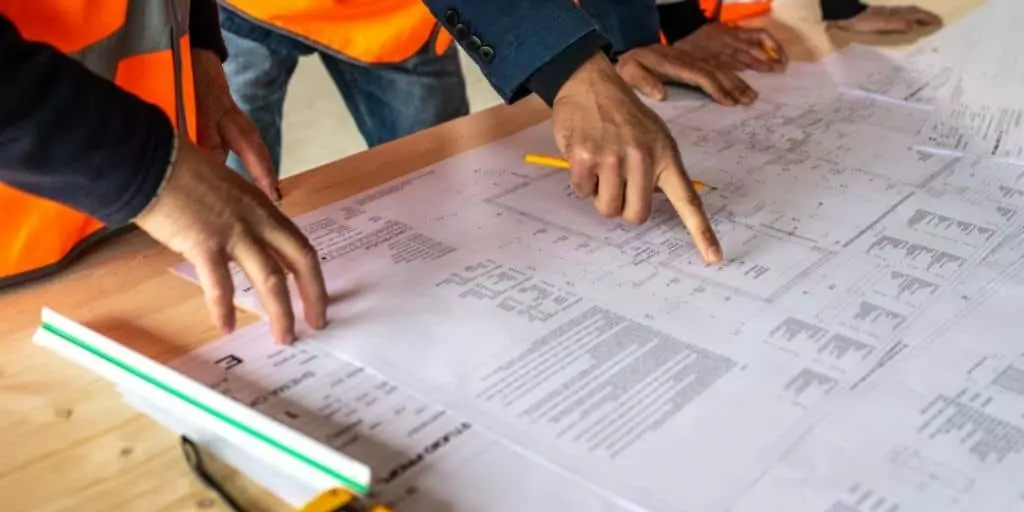Vacant land is often overlooked and misunderstood as a real estate investment. However, owning land in its raw form can offer simplicity and stability that surpass other types of real estate investments. That being said, it's important to carefully evaluate several factors before purchasing a parcel of vacant land. In this article, we will explore a comprehensive 21-point checklist that will help you make an informed decision.
1. Zoning

Before buying a vacant lot, it's crucial to understand its zoning classification, which determines its permitted uses. Contact your local planning and zoning department to learn about the zoning type and the property uses allowed under it. This knowledge will help you determine if the land aligns with your needs or the needs of potential future buyers.
2. Topography
The topography of a property is an essential consideration. Consider the elevations, cliffs, mountains, valleys, and ravines present on the land. These factors can significantly impact the property's usability. Tools like Land id, Google Earth, and Earth Point can provide topographic contour lines to help you assess the land. Understanding the topography will give you a valuable perspective on the property you're considering.
3. Property Taxes
Be aware of the property taxes associated with the land. Ensure that the annual tax bill is reasonable in proportion to the property's actual value, typically falling between 1% and 4% of the full market value. Understanding this cost is crucial because it becomes your responsibility as the owner.
4. Public Utilities
Consider whether the land has access to essential public utilities such as water, sewer, electricity, gas, and phone lines. Lack of access to these utilities can significantly impact a property's suitability for building purposes. While alternatives like septic systems, well water, solar energy, and propane tanks exist, they come with additional costs and limitations. It's essential to be aware of these obstacles before making a purchase.

5. Building Setback Requirements
Understanding the building setbacks designated by the local planning department is vital. Building setbacks establish guidelines for the placement of structures on the property. Analyze whether the setbacks allow for the construction of a structure that aligns with your plans. Structures may be limited or even rendered impossible due to insufficient space if setbacks are not considered during the due diligence process.

6. Usage Restrictions
Most vacant land is subject to usage restrictions imposed by municipalities or homeowner's associations. Municipalities have plans for different sections of land to ensure orderly development. Homeowner's associations have additional restrictions to maintain the quality of the neighborhood. It's crucial to understand these usage restrictions to avoid conflicts with your intended plans for the property.

7. Flood Zone
Properties located in flood zones or near bodies of water may be at a high risk of flooding. Determine if the property is in a flood zone before purchasing, as flood insurance can be expensive. Understand the potential ramifications of the property's location and proximity to water bodies.
8. Perc Test or Sewer System
If you plan to build on the land, conduct a perc test to determine if a septic system is viable. A perc test evaluates how water drains through the soil. If the property does not have access to a local sewer system, this test is crucial. A failed perc test can make it challenging to build any kind of dwelling on the property.
9. Road Access
Ensure that the property has legal road access. Some properties may lack road access, making them legally inaccessible without trespassing on neighboring properties. Acquiring a legal easement from neighboring property owners is one way to resolve this issue. However, it's essential to be aware of this prior to purchasing the land, as it may impact its usability and value.

10. Physical Access
While road access is essential, physical access through common areas or government-owned land can also be advantageous. Properties with physical access, even without road access, provide an important benefit. Identify existing foot trails or ATV paths indicating established physical access to the property.

11. Size, Shape, Dimensions, and Location
Consider the size, shape, dimensions, and location of the land. Unusual shapes or extremely small sizes may limit potential uses or decrease the property's value. Use county GIS mapping systems or services like Parlay or Land id to gather information about the property's size, shape, location, and dimensions.
12. Water Access
If the property lacks access to a municipal water supply, consider the feasibility of drilling a well to obtain clean water. Assess whether other properties nearby have access to water sources, as this can indicate the availability of water for your property.

13. Wetlands
Identify the presence of wetlands on the property before closing the deal. Wetlands are subject to federal and state laws that restrict their development and use. Consulting wetlands consultants or government agents for on-site identification and delineation will provide accurate information regarding wetland restrictions.

14. Junk, Tires, Rubble, Oil, or Other Contaminants
Inspect the property for any unwanted materials such as junk, tires, rubble, or oil. Ensure that you're purchasing only the land and not any additional unwanted items. It's crucial to visit the property or hire a local photographer to provide pictures if a physical visit isn't feasible.

15. Previous Uses
If you're considering purchasing a vacant lot zoned for commercial development, conduct a Phase I Environmental Report. This report identifies any environmental concerns associated with the property. Neglecting environmental due diligence may result in future liabilities and difficulties selling the property.
16. Surrounding Neighborhood
The surrounding properties can significantly impact the value and desirability of the land. Assess the neighboring properties and determine if they align with your preferences. Consider whether the area is desirable and if it complements your plans for the property.
17. Soil Quality
Evaluate the quality of the soil, especially if the land will be used for agricultural purposes or growing crops. Factors such as salinity, alkalinity, water table status, fertility, and historical crop yield will influence the suitability of the land for agriculture.

18. Load Bearing Capacity
If you plan to develop the property or construct any structures, consider conducting a geotechnical investigation. This investigation determines the load-bearing capacity of the soil. Knowing the ground's weight-bearing capacity is crucial to avoid foundation sinking and structural damage.
19. Title Search
Conduct a title search to ensure a clear and equitable title transfer. Verifying the chain of title, outstanding liens, restrictions, and easements will provide peace of mind and prevent future issues. Engaging a reputable title company or real estate attorney is recommended to handle this process.
20. Site Plan and Preparation
For construction projects, create a well-thought-out site plan and prepare the ground accordingly. Consult with a civil engineer or general contractor to understand the additional costs and requirements involved in site preparation, including reshaping the land, drilling wells, and adding necessary infrastructure.

21. FSBO Scammers
Be cautious of For Sale By Owner (FSBO) scammers who falsely list properties they do not own. Closing the deal through a reputable title company is a great way to mitigate this risk and ensure a legitimate transaction.

Remember, buying vacant land should not be an impulsive decision. Conduct thorough due diligence and research to understand the property's potential benefits and limitations. By following this 21-point checklist, you will make an informed decision and avoid unpleasant surprises in the future. Don't be the "greater fool" - be informed and confident in your land investment choices.

















